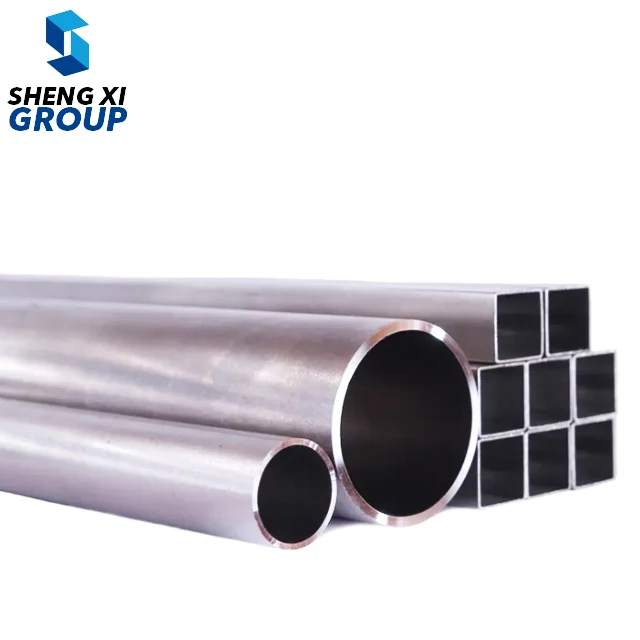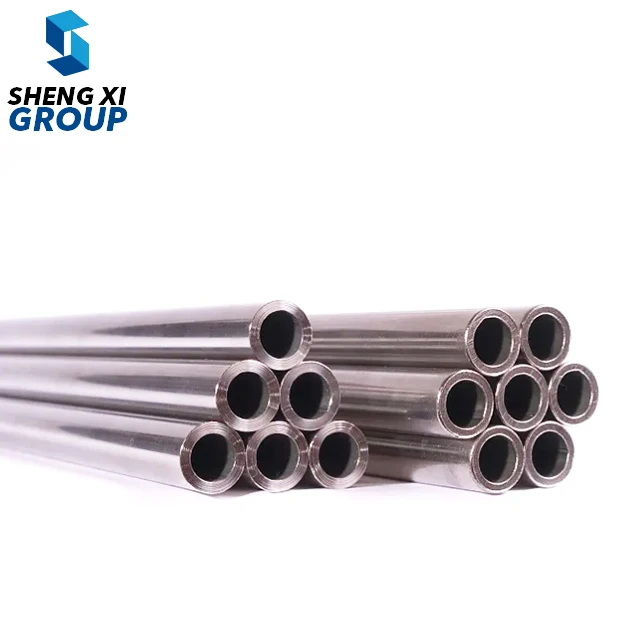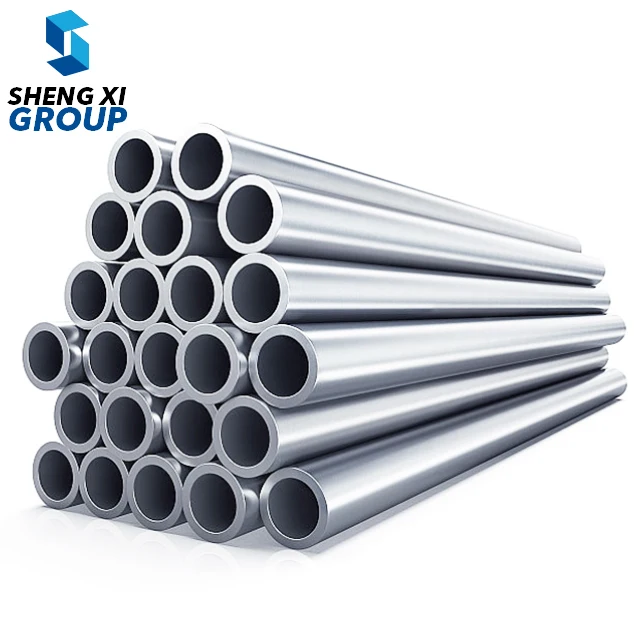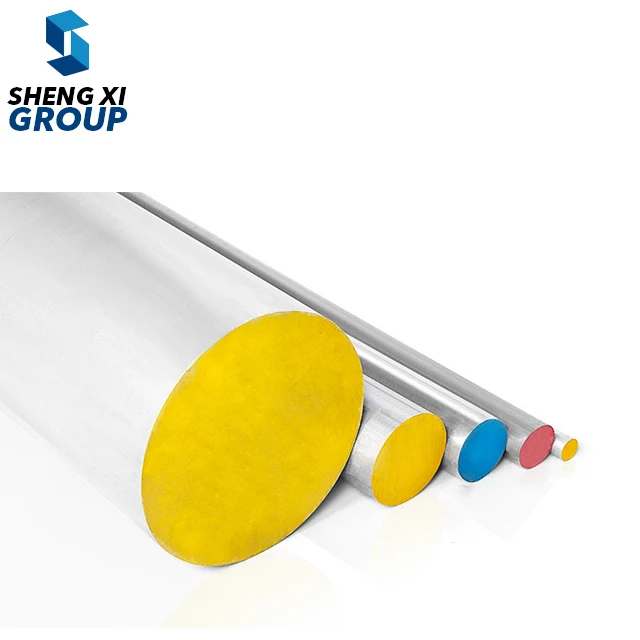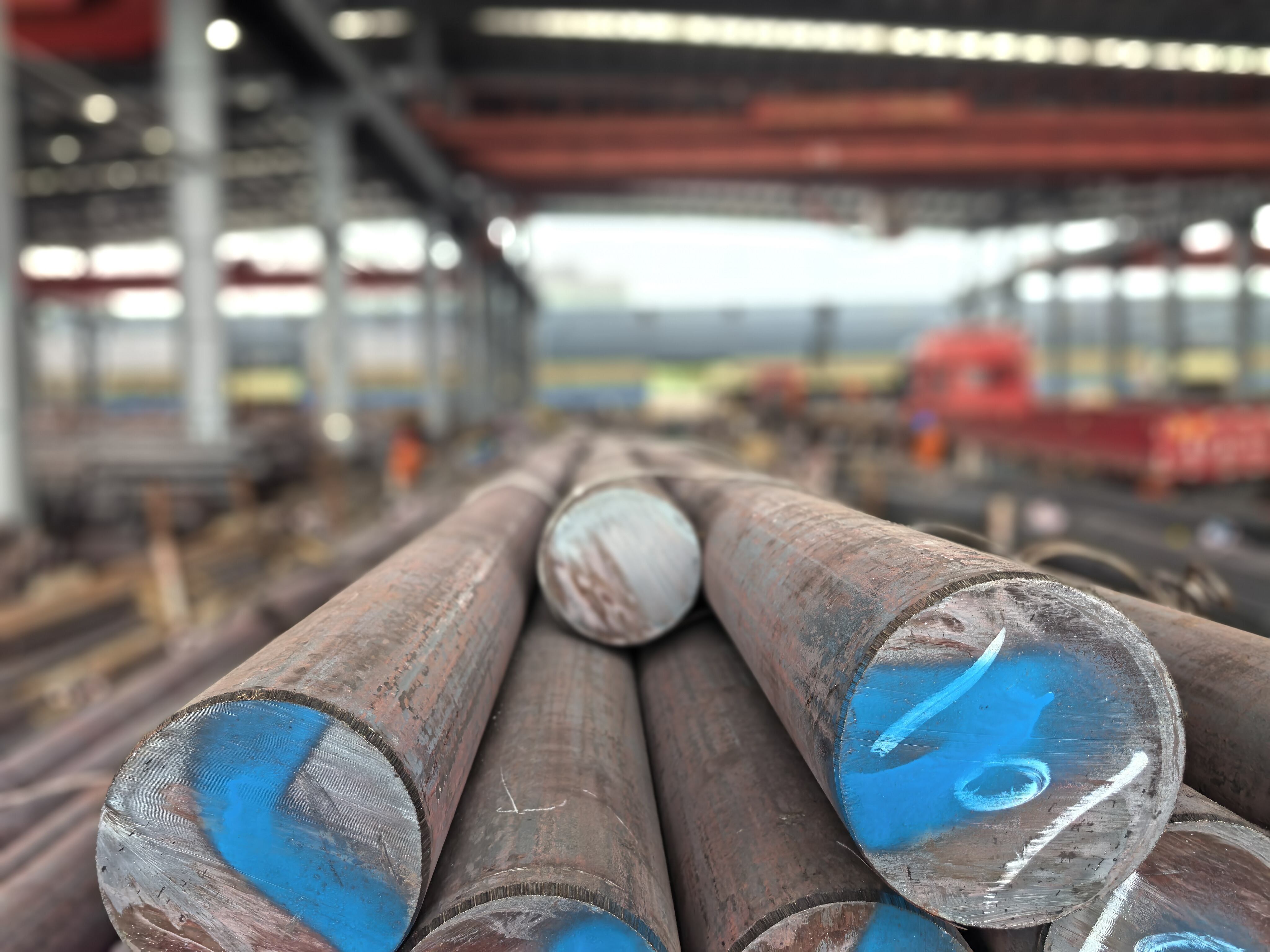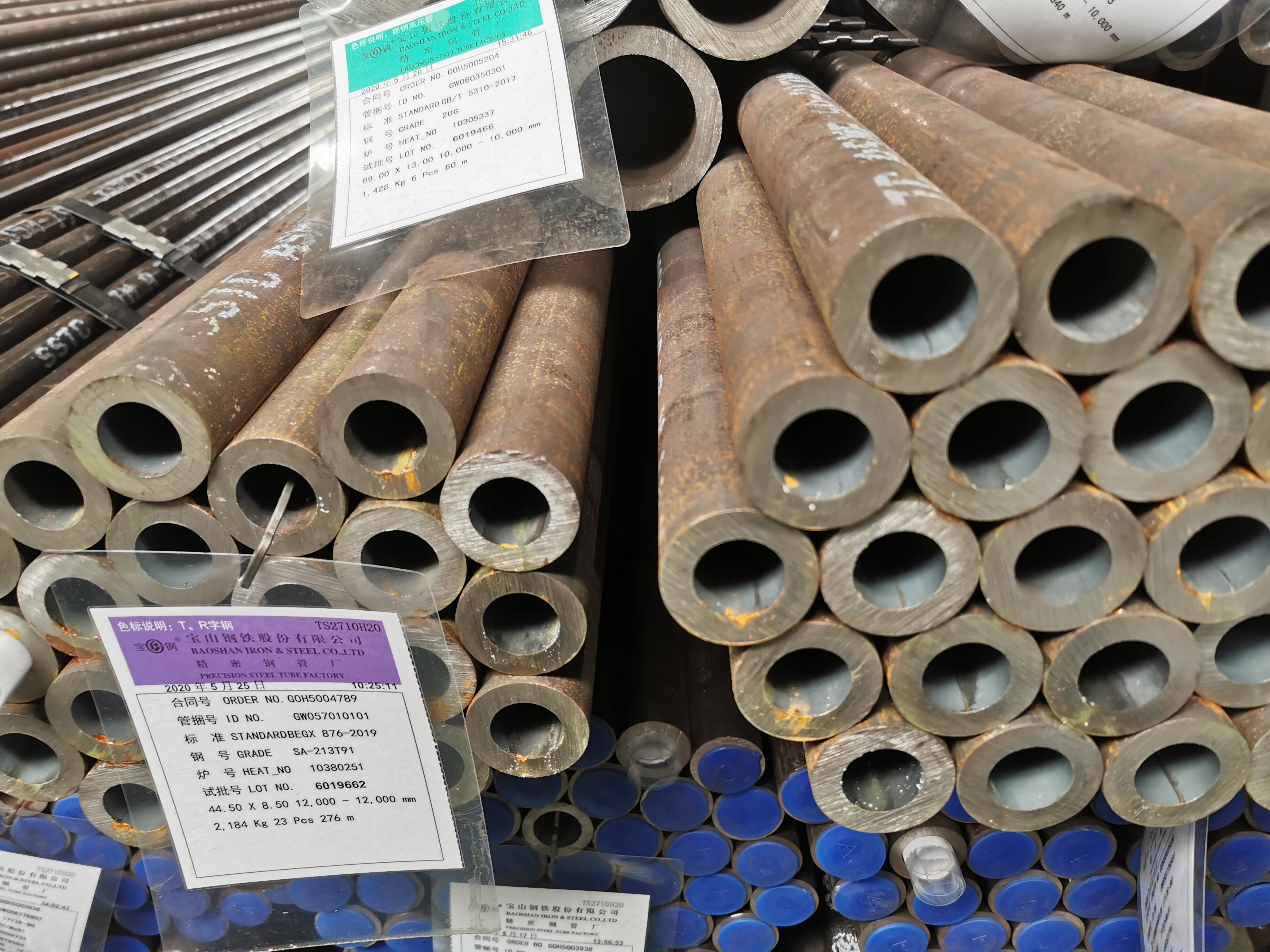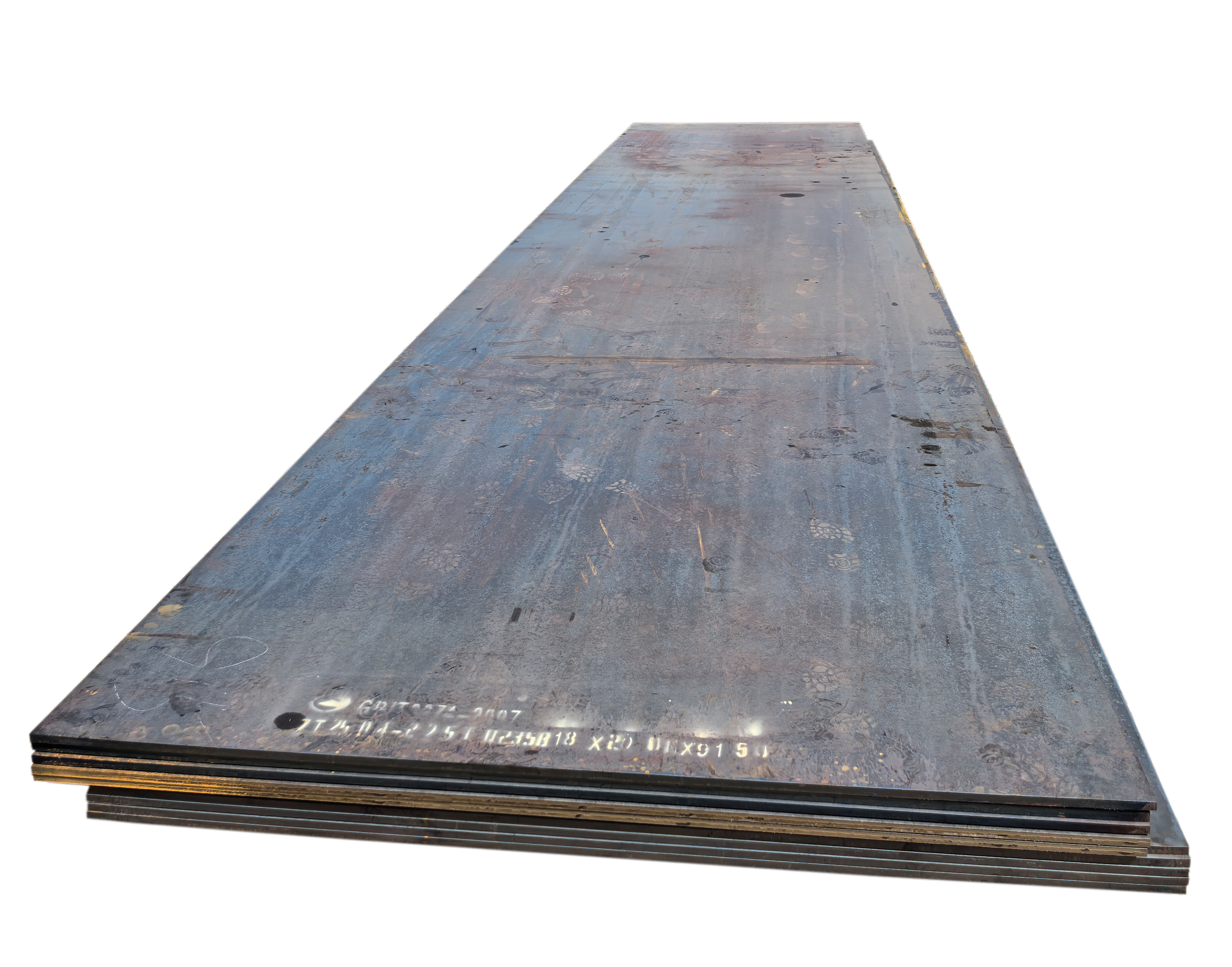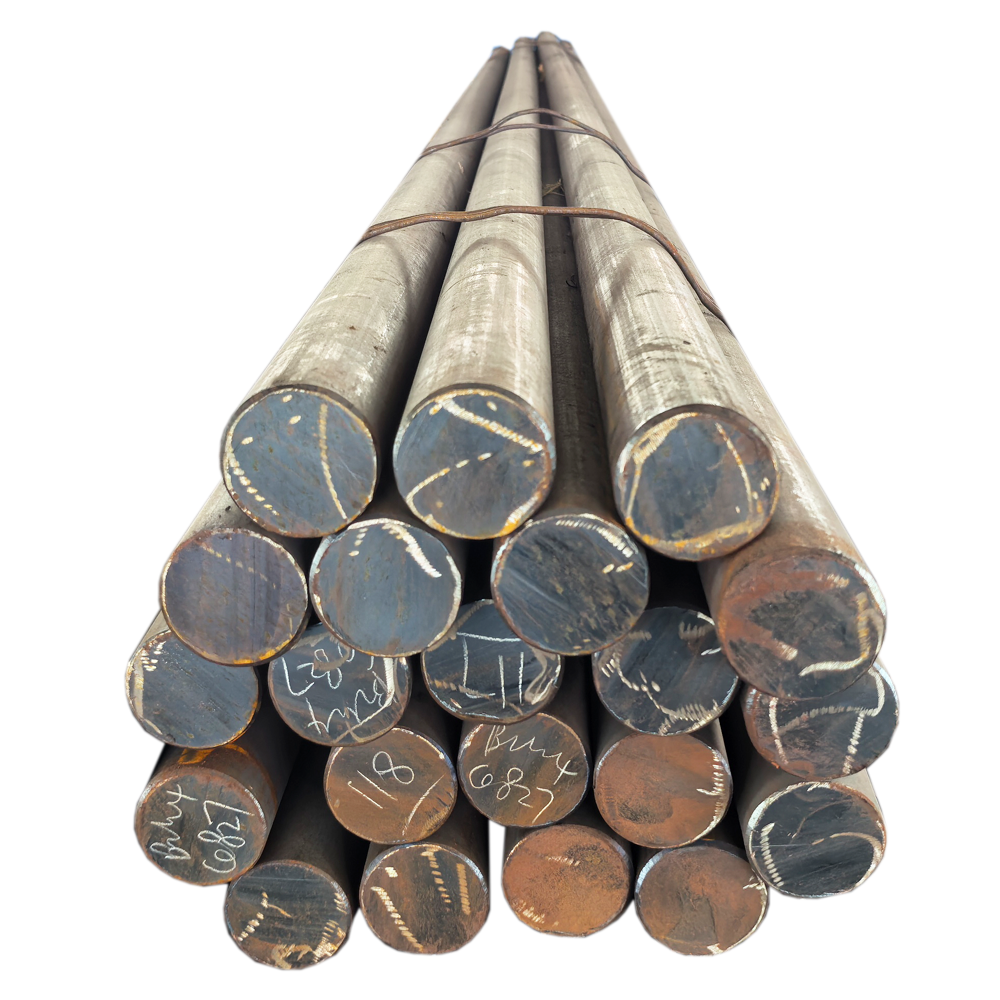spring steel types
Spring steel types represent a specialized category of high-carbon steel alloys engineered to provide exceptional elasticity and durability under repeated stress cycles. These materials possess unique metallurgical properties that allow them to return to their original shape after deformation, making them indispensable in countless mechanical applications. The primary function of spring steel types centers on their ability to store and release mechanical energy efficiently while maintaining structural integrity over extended periods of use. Carbon content typically ranges from 0.50% to 1.20%, with various alloying elements such as chromium, vanadium, silicon, and manganese added to enhance specific performance characteristics. The technological features of spring steel types include superior fatigue resistance, high yield strength, excellent hardenability, and remarkable elastic recovery properties. These materials undergo specialized heat treatment processes including quenching and tempering to achieve optimal mechanical properties. Common spring steel types include music wire, oil-tempered wire, chrome silicon, chrome vanadium, and stainless steel variants, each offering distinct advantages for specific applications. Manufacturing processes involve careful control of chemical composition, grain structure refinement, and precise heat treatment cycles to ensure consistent performance. The applications for spring steel types span numerous industries including automotive suspension systems, mechanical watches, industrial machinery, electronic devices, and construction equipment. In automotive applications, these materials form the backbone of coil springs, leaf springs, and stabilizer bars that provide ride comfort and vehicle stability. Industrial machinery relies on spring steel types for clutch springs, valve springs, and tension mechanisms that require reliable performance under harsh operating conditions. The aerospace industry utilizes specialized spring steel types for landing gear components and flight control mechanisms where safety and reliability are paramount. Consumer electronics incorporate miniature springs made from these materials in switches, connectors, and battery contacts. Agricultural equipment depends on spring steel types for implement attachments and suspension systems that withstand challenging field conditions.

